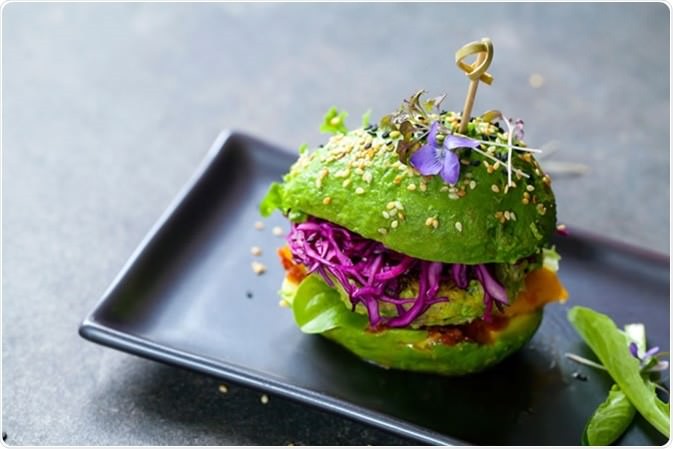There’s a new kinda buzz in the air. Everyone’s talking about it. Friends I know who never hit the road running, are suddenly gym-ing. Shelves at my favourite super markets in Kuala Lumpur, Malaysia, have a new colour scheme, and it’s green. GMO, Gluten free, MSG have become cocktail conversation, along with Vitamin C, Trans fats and lactose intolerance. The buzz got to me so loud that I actually stepped into my own kitchen to re-valuate what I had hoarded, and what needed to be junked out. Bad relationships are toxic, whether food or men.
Welcome to a new way of living embraced by citizens across the world, who have heeded the wake-up call that health is personal responsibility, and what you eat is accountability to self. What has also made a welcome comeback is how we eat to complement what we eat. The Nordics had got it right – slow eating is good for metabolism, health, weight control and gut, instead of just wolfing down food like a jail bird. They lived longer too. Blame it on the diet?!! Say hello to a new breed of humans – Vegans. Yes, and there are also the Vegetarians.


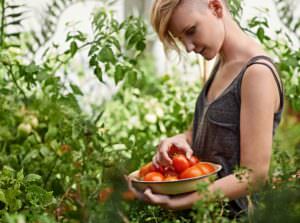
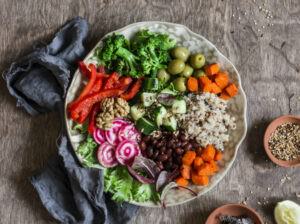
However, not to confuse both species as I learnt, so let me tell you why. Let’s understand these dynamics.
Vegan – a person who does not eat any food derived from animals and who typically does not use other animal products.
Vegetarian – a person who does not eat meat or fish, and sometimes other animal products, especially for moral, religious, or health reasons.
So, what’s the difference between a vegan and vegetarian? You may ask. Plenty.
A vegan diet excludes all meat and animal products (meat, poultry, fish, seafood, dairy and eggs), whereas a vegetarian diet excludes meat, poultry, fish and seafood. `What’s the difference,’ I argued with a local friend whilst gorging on a bowl of pasta and generous portions of Mediterranean sardines. `Could there be a middle path,’ I questioned. `Not everything in my cabinet needed to be junked out. Right?’ Wrong! Said Chef Gaya, a vegan who stoically spouts vegan dishes and guilt, reminding you exactly how we are slow poisoning ourselves with food bought off the shelves, frozen pizzas and burgers, microwaved yesterday’s leftovers, addiction to red meats, over the counter vitamins, and you get the drift. Alternatively, the `food police’ are growing steadily in numbers, as more people begin to linger longer in aisles meant for local vegetables, fruits, nuts, mushrooms, probiotics, kombucha, health recipes, brown rice, apple cider vinegar wines, and berries infused yoghurt drinks. A local nutritionist helped me understand better.
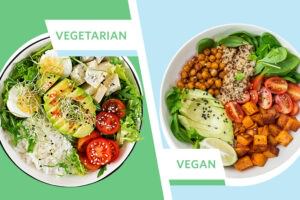

The most common types of vegetarians include:
- Lacto-ovo vegetarians: Vegetarians who avoid all animal flesh, but do consume dairy and egg products.
- Lacto vegetarians: Vegetarians who avoid animal flesh and eggs, but do consume dairy products.
- Ovo vegetarians: Vegetarians who avoid all animal products except eggs.
- Vegans: Vegetarians who avoid all animal and animal-derived products.
Those who do not eat meat or poultry, but do consume fish are considered pescatarians, whereas part-time vegetarians are often referred to as flexitarians. Although sometimes considered vegetarians, pescatarians and flexitarians do eat animal flesh.
In stark contrast, a vegan diet can be viewed as the strictest form of vegetarianism. Defined by The Vegan Society as a way of living that attempts to exclude all forms of animal exploitation and cruelty as much as possible, this includes exploitation for food and any other purpose. Therefore, a vegan diet not only excludes animal flesh, but also dairy, eggs and animal-derived ingredients like gelatin, honey, carmine, pepsin, shellac, albumin, whey, casein and some forms of vitamin D3. Vegans believe that animals have a right to be free from human use, be it for food, clothing, science or entertainment. Thus, seeking to exclude all animal by-products, regardless of the conditions in which animals are bred or housed.
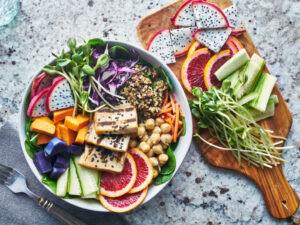
Year of the Vegan
According to The Vegan Society report, the transition from vegetarians to vegans has been so profound that 2019 was declared by The Economist as ‘The Year of the Vegan.’ Currently, the total number of vegans, vegetarians, and all related categories, is close to 14 % of the world population.”
It might seem that these `minorities’ are taking over the world? Yes? I found out more. The term ‘vegan’ coined in 1944 by Donald Watson, co-founder of ‘The Vegan Society,’ initially described vegans as ‘non-dairy vegetarians.’ However, in 1951 The Vegan Society updated the definition to: “exclude all forms of animal exploitation.” Google search attests for ‘veganism’ as seeing an increase of 580 % over the last five years. Google Trends pegs the U.K. was the country most interested in ‘veganism’ in 2019, followed by Australia, and New Zealand, also stating that USA, UK, India and Australia topped the list with the most vegans and vegetarians.
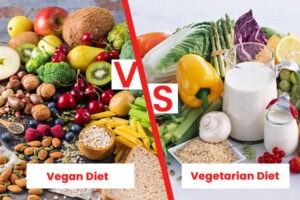

Astonished with the data, I dug deeper. In the US, the number of vegans went up from 0.4 % to almost 3.5% in the last two years, further adding that 9.7 million people in the US follow a vegetarian based diet. Similarly, the number of vegans in the U.K. quadrupled over the last five years. According to the ‘The Food & You’ survey run by the Food Standards Agency (FSA) and the National Centre for Social Science Research, there were 150,000 vegans in 2014. Cut to date, it is now around 720,000 vegans in the U.K. counting as almost 1.2 % of the country’s total population. In India, around 500 million accounted for vegetarians in 2020. However, only 1 % were strict vegans. According to ‘ABC Australia Talks’ National Survey, only 1 % of Australians identify as vegans. 3 % stated they were vegetarians. However, an overwhelming 89 % of the national survey’s respondents said they were meat-eaters.
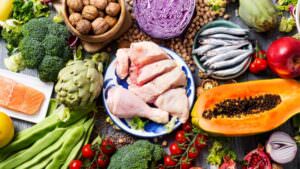
Other countries are catching up with the movement too. Austria (2013) – a report conducted by the Kurier estimated 0.5 % vegans. Canada (2018) estimated that 2.1 % of Canadian adults were considering themselves as vegans. Germany (2016) – a study run by the German Nutrition Society estimated that almost 1 % of the population (a bit over 810,000) were vegans. Israel (2015) – as per a survey conducted by Globes and Israel’s Channel 2 News, 5 % of Israelis were following a vegan lifestyle. Italy (2016) – as per the Italian Research Institute, Euripses, 1 % of the Italian population were vegan. However since then, the number has decreased. Sweden (2014) – in a poll run by Demoskop showed that 4 % of respondents were vegan. Switzerland (2017) – as per research run by DemoSCOPE, 3 % of its population was estimated to be vegan.
The data concluded that “based on the most recent United Nations estimates, the world population in 2021 is currently at 7.9 billion. Therefore, as of January 2021, the total number of vegans in the world is approx 79 million.”
As cultures and landscapes change for the better, veganism has started to gain momentum in Latin America, Asia, and Africa. Local farmers markets have bloomed and blossomed as more turn to adopting an organic lifestyle. If this movement maintains the current rate of growth over the next ten years, it is estimated that at least 1 in 10 people will be vegan. Seems I have been made out. I rest my case.
*
*
Photo images from Google
The above article was published in the OHerald Cafe in September, 2021.
FOLLOW me on IG https://www.instagram.com/etheldacosta/
